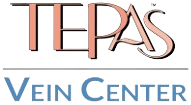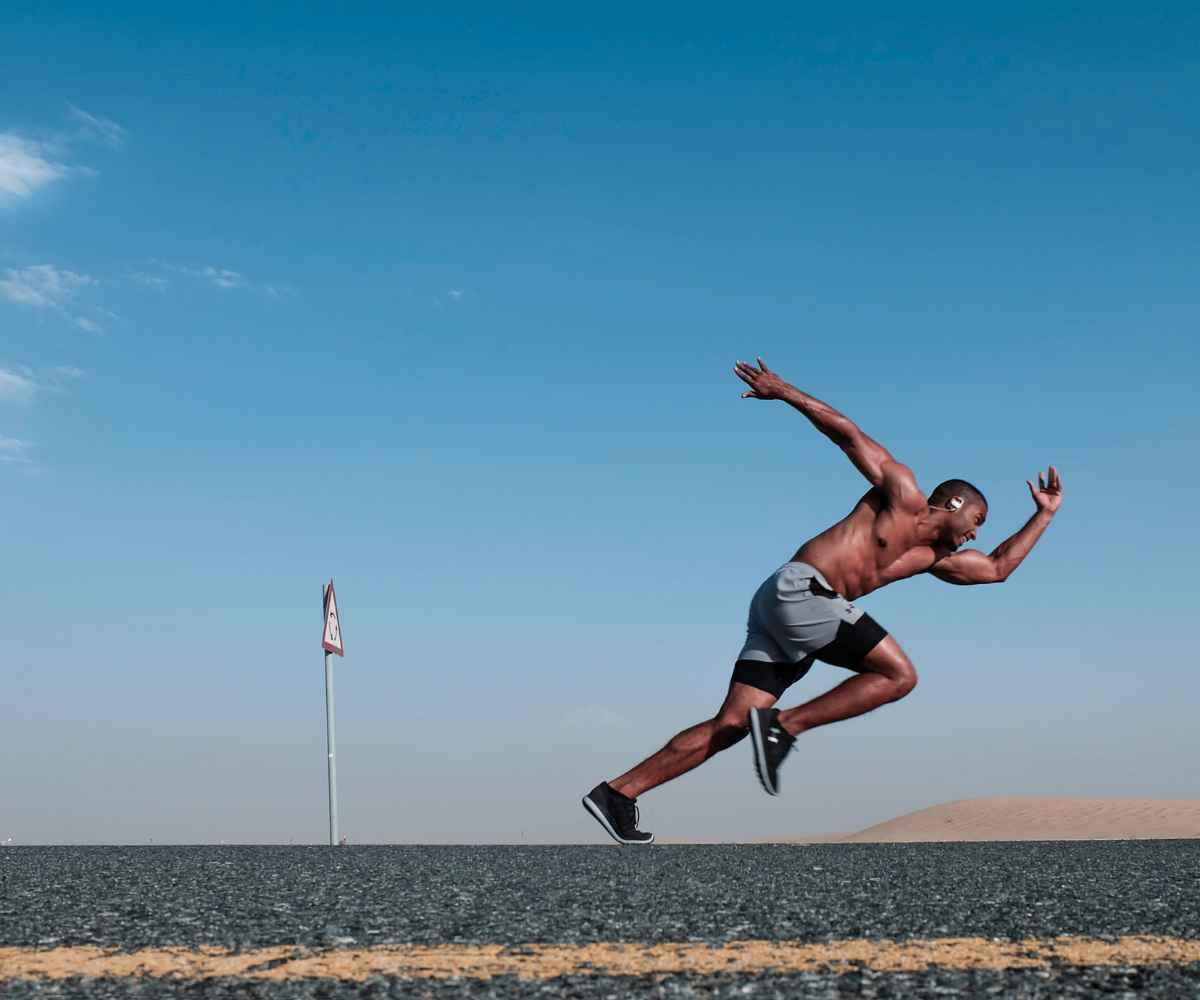Can Exercise Cause Varicose Veins?
The most prominent cause of varicosities is poor circulation, caused by a sedentary lifestyle. Your leg’s veins already have a hard time pushing the blood back up to your heart: gravity pulls the blood down, and abdominal pressure can push back against the blood. Your veins need higher pressure to overcome this resistance, and without it, the blood stagnates or even flows backward, which is called reflux. This expands the vein walls, damaging them and the valves meant to protect against this.
Muscular contractions help push the blood through, so exercise, or even light movement, reduces the stress on your veins. Your muscles aren’t active when sitting or standing for long periods of time, and without that help, your veins wear themselves out. That’s why exercise improves circulation, preventing varicose veins.
So Exercise Is Definitely Good. Or Is It?
High-intensity exercise can put too much pressure on your veins, in the same way, that overexertion can cause hemorrhoids (a type of varicosity), or even bursting a blood vessel. Lifting heavy weights, high-impact running, and similarly physically stressful activities put pressure on several parts of your body, like your joints and veins. The impact from stepping on a hard surface, especially if your shoes don’t have enough padding, is enough to damage the veins in your feet. A softer surface like grass, soil, or a running track will help, as will shock-absorbing shoes. Heavy lifting causes high pressure throughout your limbs, so your muscles put too much pressure on your veins for the duration of the lift. These sorts of exercises also require a lot of blood flow, which wears out your circulatory system faster.
So, what should and shouldn’t you do? Keep exercising, but wear compression garments, and minimize the stress and impact you endure. You can still lift weights, even heavyweights, as long as you’re following the proper procedures. You can contact a vein specialist if you have any questions about how to do that. Mixing high- and low-impact activities can reduce the total stress you’re experiencing during your workout. Avoid smoking (which does way more harm anyway), avoid being still for more than half an hour at a time, maintain a healthy diet and weight, and raise your legs when you can. Some exercise is definitely better than none!
You might not be able to prevent varicose veins altogether, but this advice can help delay and minimize them. If you need to deal with your varicose veins, you can get a consultation with Dr. Imami to figure out what the best solution for you is.

